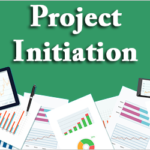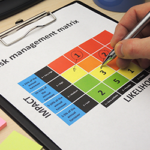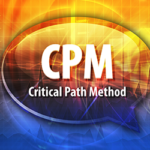
Getting an early indicator of deviations from the project plan can be a game changer for project managers. This is precisely the main benefit of the earned value method, and its diligent application can do wonders for a project manager's career. Planned Value, usually abbreviated as PV, is one of the fundamental inputs of the Earned Value Management System. It is … [Read more...]













